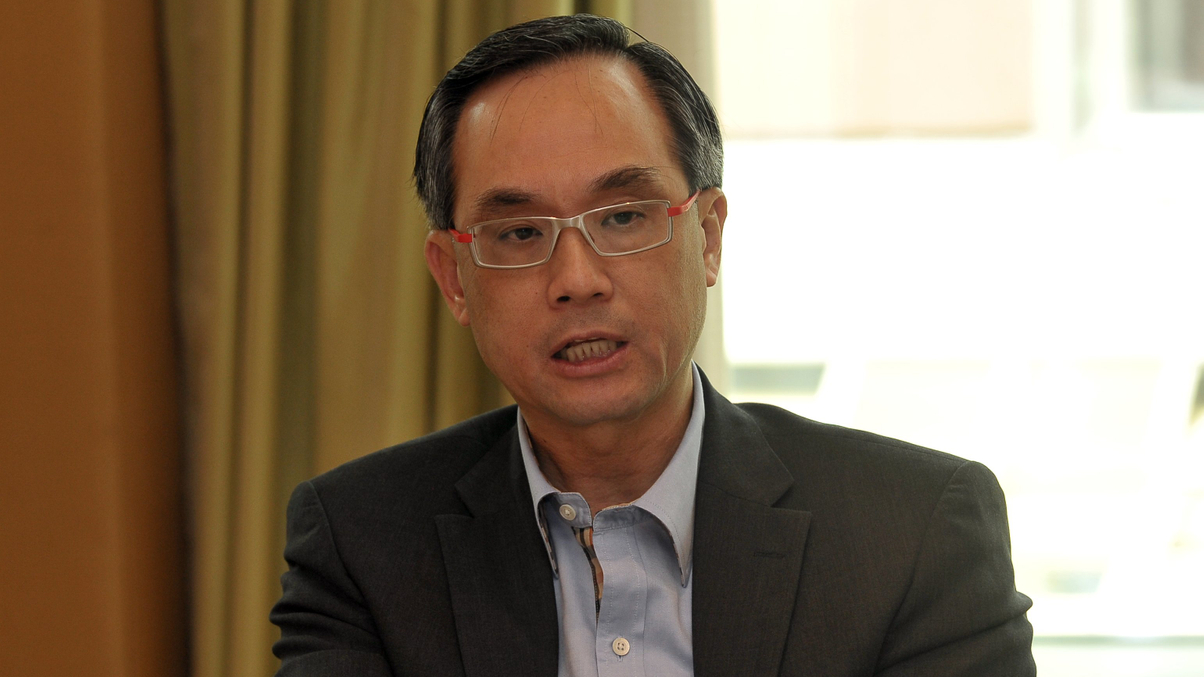Asian wealthy warm to discretionary portfolios
Discretionary portfolio management is starting to gain traction, but finding and retaining investment staff to do it is tricky, say private banking heads in Southeast Asia.

Discretionary portfolio management (DPM) is gaining popularity among wealthy clients, but it's not an easy sell nor is it a simple task hiring and keeping the people to do it, agreed heads of Southeast Asian private banks.
Sign in to read on!
Registered users get 2 free articles in 30 days.
Subscribers have full unlimited access to AsianInvestor
Not signed up? New users get 2 free articles per month, plus a 7-day unlimited free trial.
¬ Haymarket Media Limited. All rights reserved.


